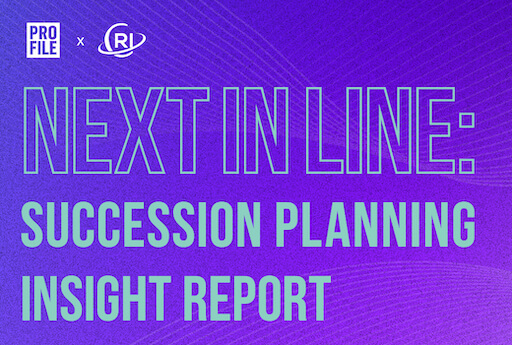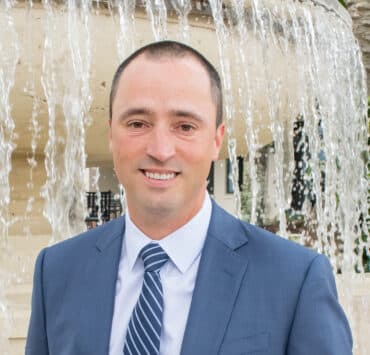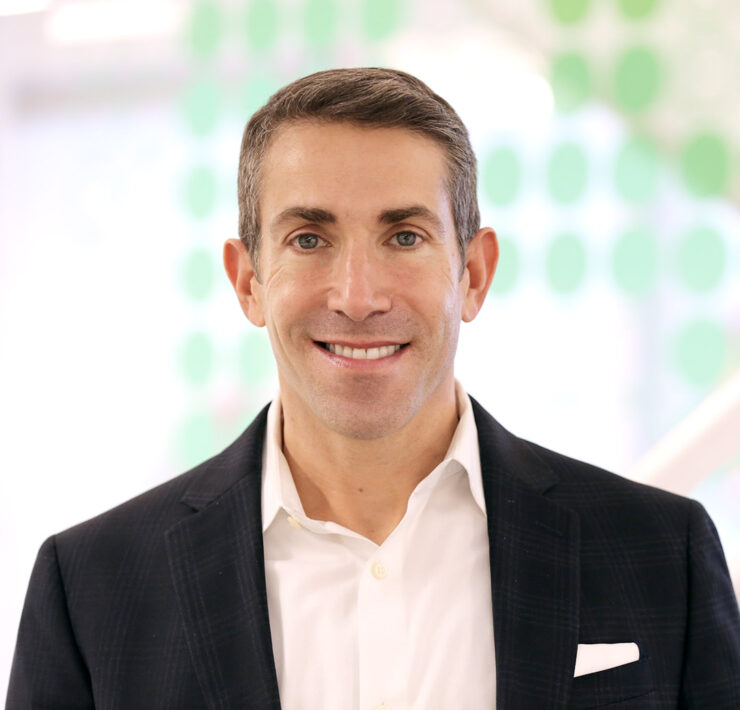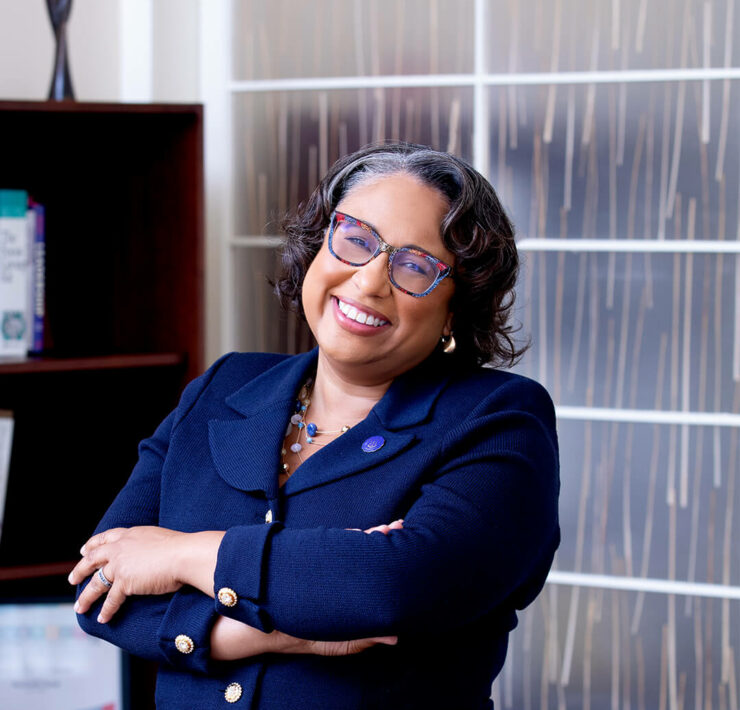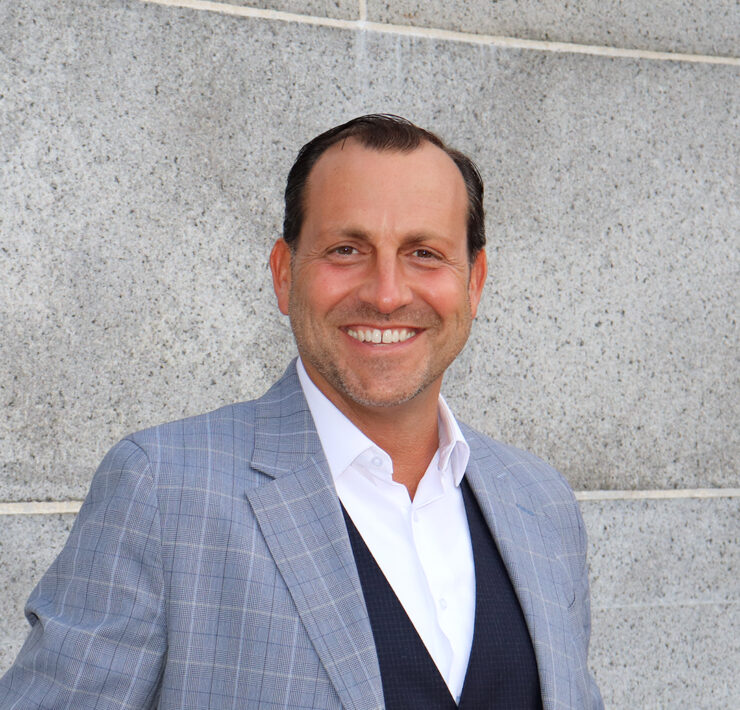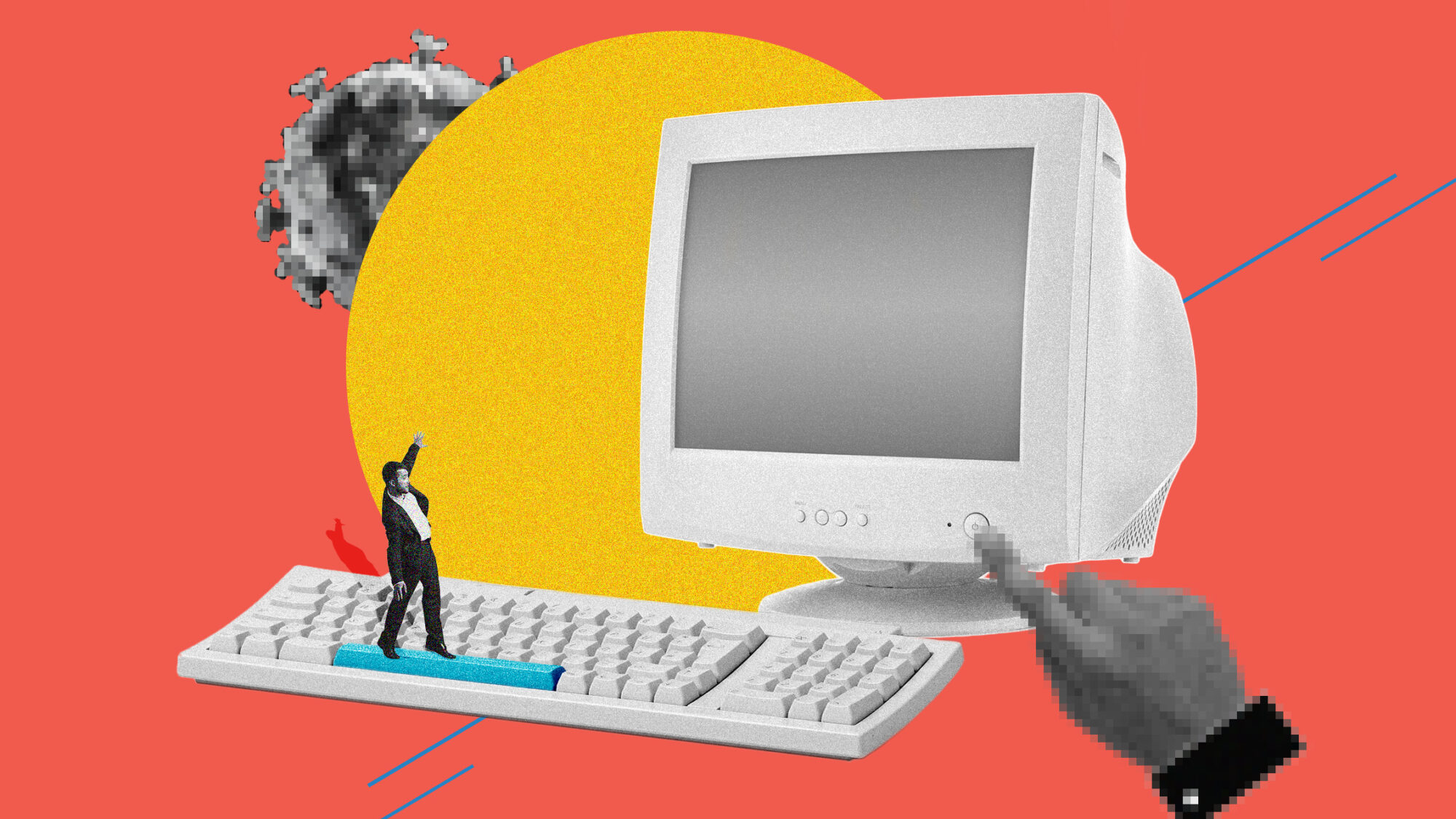
|
Getting your Trinity Audio player ready...
|
Predicting the future in the age of COVID-19 is fraught with surprises and setbacks, but the general sense is that we have entered what’s optimistically referred to as an endemic phase. More than 75 percent of the US population has received at least one dose of the vaccine, and statistics released from the Centers for Disease Control (CDC) in early April show that community-level infections are considered “low” in 95.6 percent of counties, “medium” in 3.8 percent, and “high” in just 0.6 percent.
Consequently, municipal mask mandates have been almost entirely lifted. And while case numbers have recently seen a slight increase with the spread of the newest Omicron variant (BA.2), hospitalizations and deaths have not increased proportionately.
The takeaway is that vaccinations—and, to some degree, acquired immunity from past infections—are effective in preventing serious illness and death from COVID-19. As a result, most Americans feel confident about entering what feels like a post-pandemic era.
But an important minority is left out of this return to normalcy: the immunocompromised, the chronically ill, and the numerous other members of high-risk groups. Numbering in the millions, this includes people with autoimmune disorders (e.g., lupus, multiple sclerosis, type 1 diabetes, and rheumatoid arthritis), people on immunosuppressant medications (such as organ donor recipients), as well as individuals undergoing treatment for cancer, chronic lung disease, kidney disease, and sickle cell anemia. Pregnant women are also more susceptible to serious COVID-19.
Some among these medically vulnerable individuals can be safely vaccinated, but others cannot, and even with a vaccination there is often a lower immune response. For the first two years of the pandemic, that was not a problem, as employers largely discouraged employees from coming into work. But as we transition to this place called “normalcy,” many companies are pushing to get people back into in-person environments.
Of the seventy-three major companies that responded to a September 2021 survey by CommercialCafe, twenty-one companies (including Citigroup, Comcast, Goldman Sachs, and Johnson & Johnson) said they are asking for a full return to the office. Another twenty-four companies enable a hybrid office/work-from-home setup, while just twenty-eight companies are committed to offering “more work-from-home opportunities.”
For those employers requiring at-work presence, some safety measures can be implemented, including vaccinations, mask wearing, distancing, and good ventilation. “The federal government cannot mandate vaccinations and mask wearing in private workplaces, but employers can legally require those things if they choose,” says John Dooney, a knowledge advisor with the Society for Human Resource Management (SHRM). The leading human resources professional association regularly reports on workplace implications of the pandemic.
Legal questions aside, it’s the culture of a workplace—one that respects masking and distancing requirements—that can mean the most. “Employers can protect employees by providing a psychologically safe atmosphere,” says Dr. Rob Fazio, a workplace psychologist and consultant on issues related to dysfunctional workplaces. “It’s about ensuring employees do not feel bullied into doing something that they are not comfortable with.”
Which brings up an important concept: bullying.
Social media stories about public meltdowns over mask requirements—on airplanes, in grocery stores, and other public places—have been extensive. Unfortunately, companies can’t expect to never have to deal with such issues in the workplace because some employees are never going to easily accept mask and vaccination mandates. But companies will have a better chance of ensuring safety and respect for medically vulnerable employees if they take three pieces of advice:
1. Recognize the Other Costs of Workplace Bullying
If an employee doesn’t respect a coworker’s decision to wear a mask, they will of course make that person feel unsafe and uncomfortable. More than that, they will contribute to a larger feeling of unease and a generally toxic work environment. “Workplace bullying is linked to stress-related illnesses and anxiety disorders, lost productivity and innovation, increased absenteeism, and negative PR,” Dr. Fazio says.
2. Honor Employee Requests for Accommodations
Since May 2020, the Equal Employment Opportunity Commission has recognized that certain groups are at higher-risk from COVID-19 and have a right to reasonable accommodations that can protect them from those risks. Medically vulnerable employees can discuss those accommodations with their employer or use the ADA Reasonable Accommodation Request Form to formally request employer compliance.
Companies can reject a request if it puts an undue burden on the business, but requests for accommodations should be accommodated whenever possible. As Dooney points out, a physician’s authorization prevents fraudulent employee claims.
3. Cultivate Inclusive Workplaces
Medically vulnerable employees need to see that their employer has made a commitment to their emotional well-being. A great way to start is by making sure that the company’s diversity, equity, and inclusion (DEI) policies promote transparency and empathy.
“Following guidelines around DEI can serve organizations well when trying to support people who are immunocompromised,” Dr. Fazio says, adding that representation in particular goes a long way to helping employees feel like they belong. “Having credible senior executives who are immunocompromised themselves can have a positive impact and normalize self-identification.”

